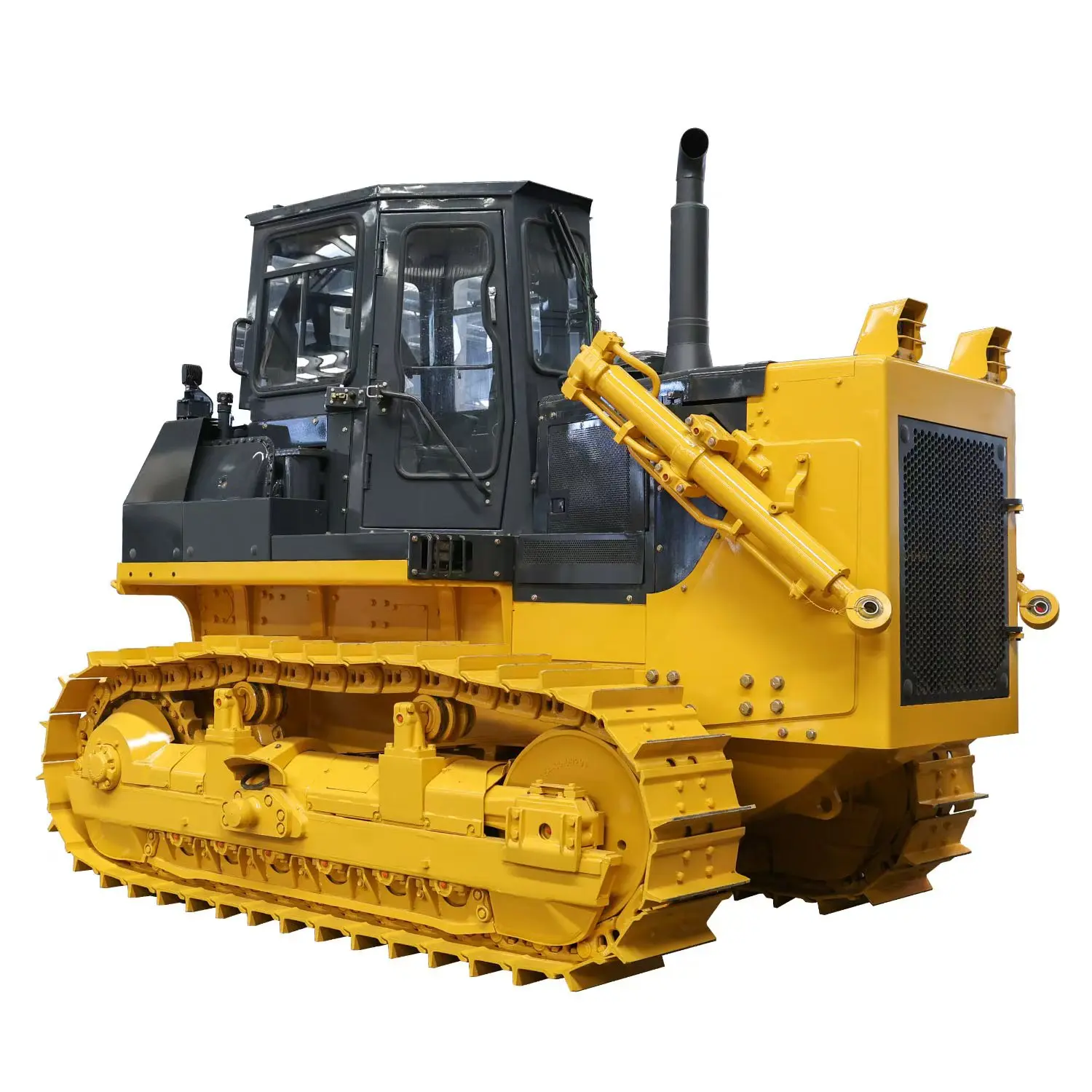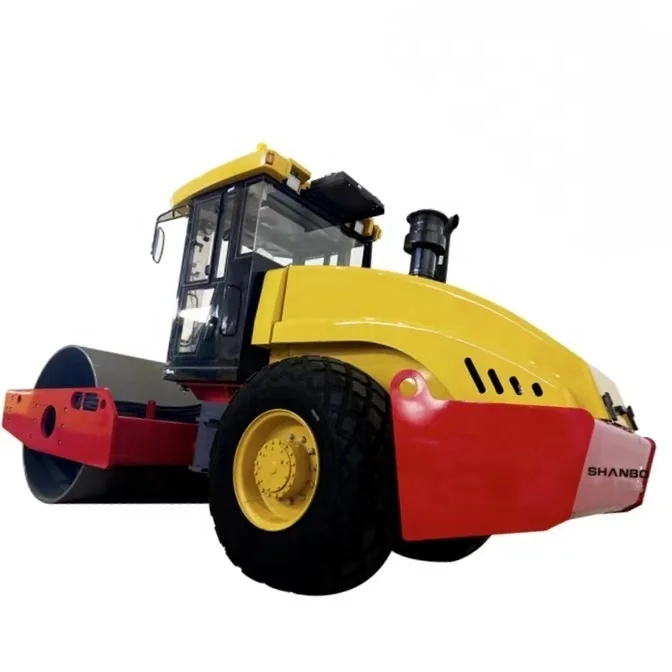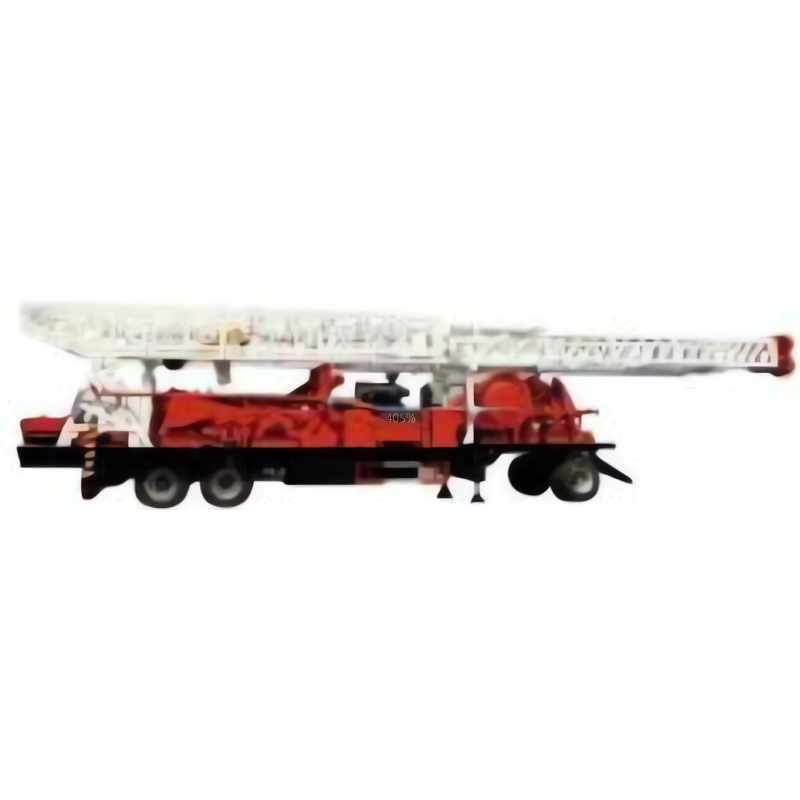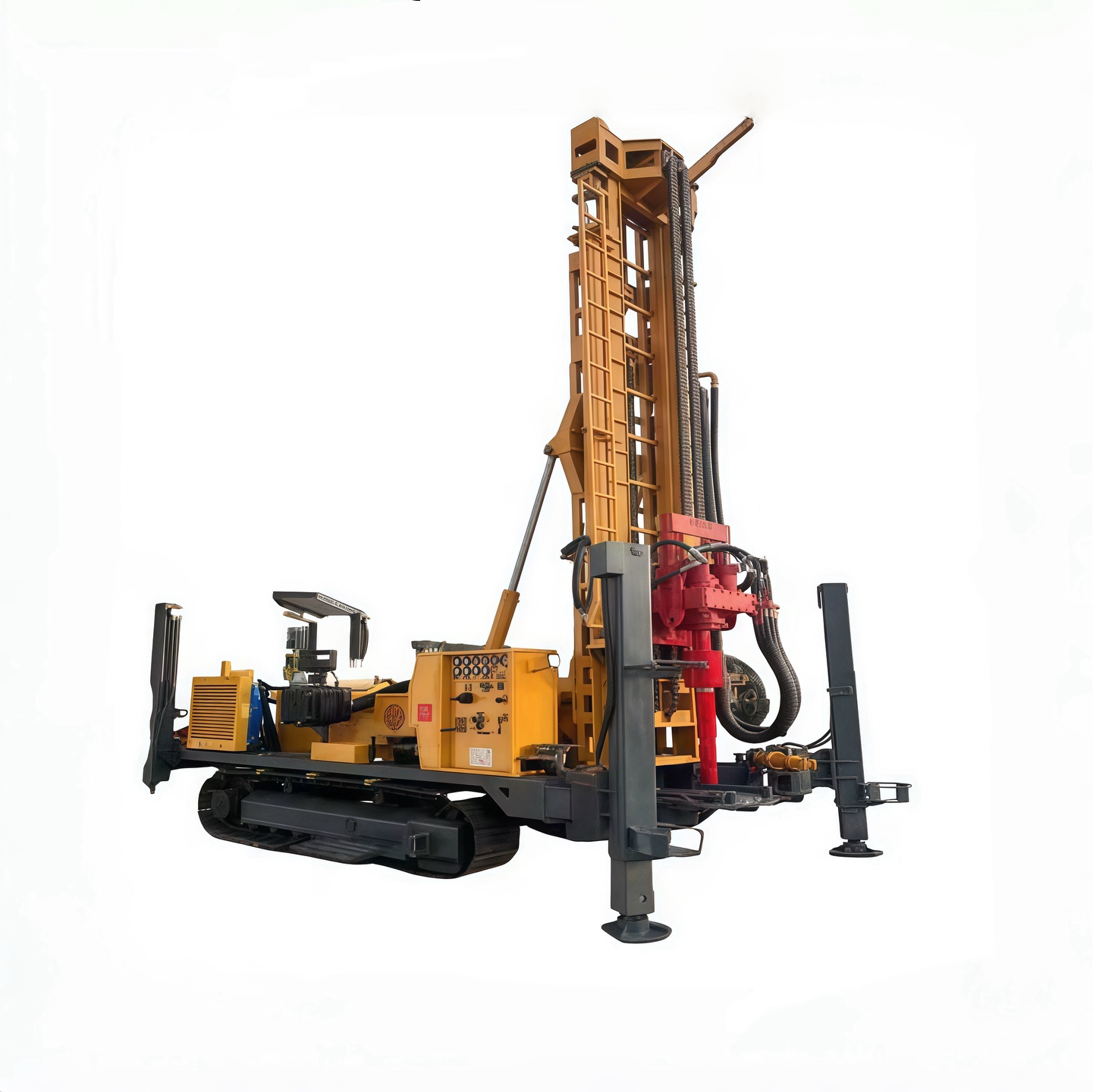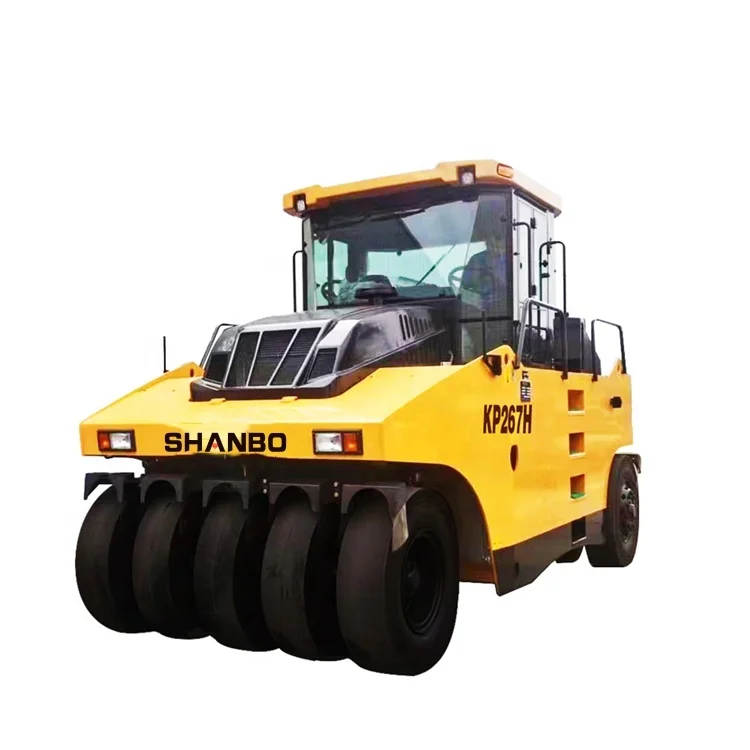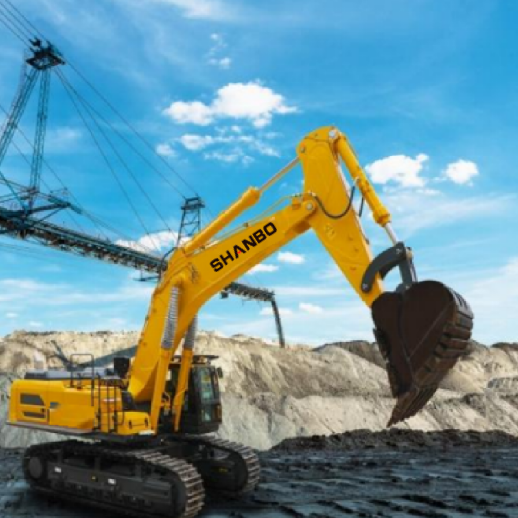Why Working with an Experienced Construction Equipment Dealer Matters
Expertise in Heavy Machinery Selection and Application
Matching Bulldozer Specifications to Project Demands
Picking out the correct bulldozer for any job means looking at several key specs including horsepower numbers, overall weight, and how wide the blade actually is. These factors really matter because they determine how well the machine will perform on different kinds of ground conditions from soft dirt to rocky terrain. Most folks find it helpful to talk with someone who knows their way around construction gear when making these decisions. A good dealer with experience in heavy machinery can cut through all the confusion and help match up what's needed for the actual work site conditions without overpaying for features that won't get used.
Assessing factors like soil type, excavation depth, and environmental conditions ensures optimal bulldozer performance and prevents costly delays. For individuals looking to compare bulldozers for sale, leveraging expert advice can lead to finding the model best suited to meet specific project demands effectively.
Excavator Application Expertise Across Job Types
Excavators are remarkably versatile tools for a variety of applications, including construction, demolition, and landscaping. Their multifaceted capabilities allow them to tackle tasks from heavy-duty digging to delicate landscaping work.
Specialized attachments for excavators really boost what these machines can do when matched to particular jobs on site. Take demolition work for instance where some attachments let operators tear down structures with pinpoint accuracy, while others speed things up dramatically on big construction sites. Contractors have seen firsthand how these attachments make all the difference in tricky situations like trench digging or land clearing operations. When workers know which attachments work best for each situation, they get much better results from their machines. This knowledge pays off in the long run because it means the excavator isn't just sitting there gathering dust between jobs.
Customized Solutions for Loader Equipment Operations
Loader equipment types vary widely, each offering unique capabilities tailored to handle site-specific challenges. Identifying the right loader type is crucial for overcoming operational hurdles and maximizing productivity. Adding customized loader attachments further enhances loader versatility, enabling it to tackle specific operational needs with increased efficiency.
Tailored solutions not only improve productivity but also reduce operational costs by minimizing downtime and enhancing the effectiveness of each task. With the right customization, loader equipment can be a cornerstone in construction operations, providing the adaptability and efficiency necessary for modern site challenges.
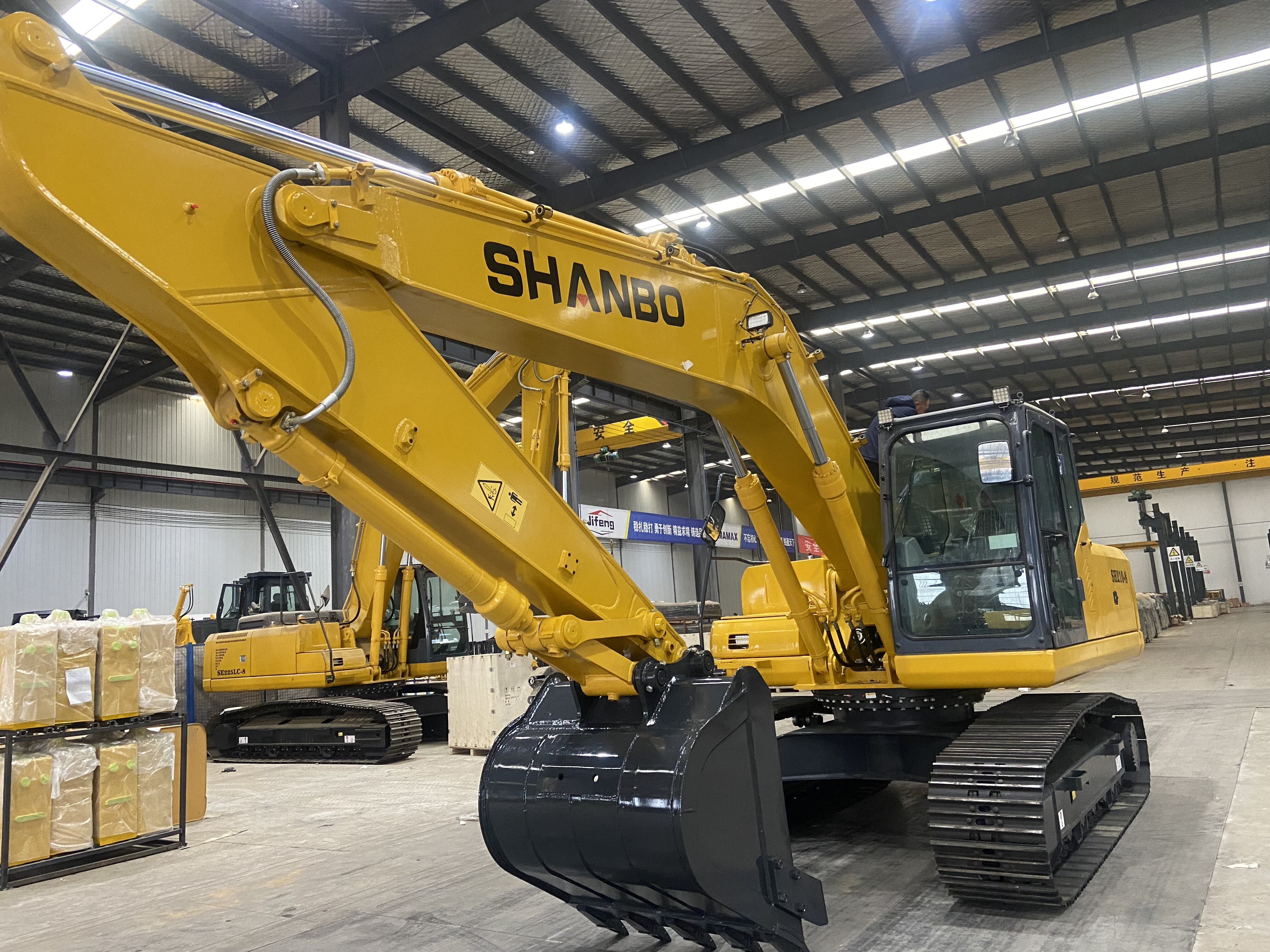
Access to Specialized Machinery Inventory
Navigating Bulldozer and Motor Grader Fleets
For construction jobs where getting things right matters, having different kinds of bulldozers and motor graders makes all the difference. When looking at what equipment to buy or rent, contractors need to pay attention to specific details. Bulldozers come with varying blade sizes and engine strengths that affect how much they can push through tough terrain. Motor graders offer something else entirely though their ability to create smooth surfaces while navigating tight spaces on site. A good project manager knows these machines aren't interchangeable. They spend time comparing specs sheets, talking to operators who have hands-on experience, and considering exactly what each job will require before making purchasing decisions.
Assessing fleet availability in relation to project schedules and technical specifications ensures that the right equipment is on hand when needed, thereby preventing costly delays. Direct access to a broad inventory offers measurable advantages, especially for urgent project requirements where time is of the essence.
Optimizing Borehole Drilling Machine Utilization
Getting more out of borehole drilling machines really comes down to good planning and proper operator training. When project managers set up regular maintenance schedules and run comprehensive training sessions for their crews, they see noticeable improvements in machine performance across big construction sites. Modern drilling rigs come with various attachments and configurations designed for different soil types and depths. For instance, some models work better in rocky terrain while others excel in softer ground conditions. Investing in this kind of specialized equipment pays off fast because it not only speeds up operations but also reduces fuel costs and wear on the machinery over time.
For example, optimized use of such machinery can lead to noteworthy improvements in project timelines, potentially accelerating completion dates and delivering on cost-saving objectives. Metrics derived from usage statistics underscore how vital efficient borehole drilling machines are to the overarching success of a project.
Specialized Attachments for Compactor Road Rollers
Specialized attachments make all the difference for compactor road rollers, letting these machines handle much more than just basic rolling jobs at construction sites. Take drum variations for example some have smooth surfaces while others feature textured patterns or vibration settings. These differences matter a lot when working on different materials like asphalt versus gravel. The right attachment can mean better results whether dealing with tight spaces around foundations or large open areas needing uniform compaction. Contractors know this well since choosing the proper tool for the job saves time and money in the long run.
Case studies have demonstrated the critical role of attachments in optimizing the performance and extending the functionality of road rollers across different construction setups. Proper maintenance and thoughtful selection of these attachments are integral to extending the machinery's lifespan, underscoring the importance of expert management in preserving equipment investment.
Enhanced Project Efficiency Through Equipment Optimization
Front-End Loader Productivity Maximization
Getting the most out of front end loaders means following good operational habits day to day. Regular maintenance checks make all the difference when it comes to keeping these machines running smoothly without unexpected breakdowns cutting into work hours. A well maintained loader lasts longer too, which saves money in the long run. Training for operators shouldn't be an afterthought either. Good training programs teach people how to handle the loader properly from day one. These programs need to cover things like bucket control, load balancing, and safe maneuvering around tight spaces. Some companies even bring in experienced technicians to demonstrate tricky maneuvers that can boost productivity while reducing wear and tear on both equipment and personnel.
Adding tech that keeps track of how well front end loaders are performing really helps boost their productivity on site. With this kind of system in place, operators can watch things like how much fuel gets burned through each day and what weight limits the machines are actually handling. The data comes in handy when making quick calls about whether to adjust work schedules or redistribute tasks across different machines. Many contractors have found that once they start using these tracking systems regularly, whole construction sites run better because there's less waiting around for equipment fixes and workers spend more time getting actual work done rather than troubleshooting problems.
Bucket Bulldozer Workflow Improvements
In improving the workflow of bucket bulldozers, dissecting existing processes and pinpointing inefficiencies is essential for enhancing productivity. This analysis should focus on areas such as unnecessary delays, equipment congestion, and redundancy in operations. By identifying these bottlenecks, companies can redesign workflows to increase output and streamline operations efficiently.
Want to get more work done with bulldozers? Changing how crews set up their daily operations makes a big difference. Good load management, regular equipment inspections, and cutting down on unnecessary downtime all help increase what the machines can accomplish each day. Many construction firms have seen dramatic improvements after making these kinds of adjustments. One company cut their earthmoving time by nearly 30% just by rethinking when and how they used their dozers. These workflow optimizations aren't just nice to have they're becoming essential for staying competitive in today's construction market where every hour counts.
Multi-Machine Coordination Strategies
Effective coordination between various machinery, including bulldozers, loaders, and motor graders, plays a critical role in enhancing operational efficiency. This involves establishing mechanisms that ensure smooth communication and integration between different equipment types and operators. By aligning machinery operations, projects can run more seamlessly and avoid unnecessary downtimes.
Bringing in smart strategies along with tech tools really boosts how well we handle multiple machines at once. Software packages now exist that keep track of when each machine should be running and monitor their performance metrics too. This makes managing all those moving parts across different sites much less headache-inducing for operations managers. According to various industry reports, companies implementing these kinds of systems see real gains both in how fast things get done and where resources end up being spent. Construction firms especially benefit from this approach since coordinating dozens of heavy equipment units becomes far more manageable. Projects finish faster while materials and personnel aren't wasted on unnecessary tasks.
Cost Efficiency and Financial Flexibility Solutions
Lifecycle Cost Analysis for Well Drilling Machines
Looking at the total cost of ownership for well drilling rigs goes way beyond just the sticker price. A proper lifecycle analysis takes into account everything from initial acquisition to eventual disposal. When companies factor in regular maintenance schedules, ongoing fuel consumption, parts replacement intervals, and even interest payments on financing, they get a much clearer picture of what these machines actually cost over time. Most business owners find this approach invaluable when budgeting for new equipment purchases. The numbers tell a different story than what appears on paper, helping managers allocate capital more effectively across their operations.
When looking at lifecycle costs, it makes sense to consider multiple expense categories for a realistic view of what something will actually cost over time. Think about all those upfront costs first the sticker price itself plus any taxes or fees involved. Then there are ongoing expenses like regular maintenance work and whatever fuels or power sources might be needed. Don't forget about money matters either interest payments from loans or other financing arrangements. Many manufacturers who run proper lifecycle analyses end up finding unexpected costs lurking somewhere in the process that really affect bottom lines. For instance, some automotive parts makers discovered storage costs were eating into profits they hadn't even considered before doing this kind of deep dive. Spotting these issues early gives businesses room to tweak their approaches and avoid nasty surprises down the road when budgets start getting tight.
Looking at industry standards shows why lifecycle cost analysis matters so much for business decisions and how money gets spent. When companies dig into actual cost data over time, they gain real leverage during contract negotiations or when shopping for new equipment. Take drilling operations for example many firms find themselves stuck paying too much for maintenance if they don't factor in long term expenses upfront. A proper analysis helps organizations make sure their spending on well drilling rigs isn't just cutting corners but actually makes sense financially in the bigger picture. Most operators who track these numbers report seeing noticeable improvements in bottom line results within just a few months of implementation.
Fleet Management for Loader Equipment ROI
Good fleet management makes all the difference when it comes to getting value from loader equipment investments. Managing a fleet properly means keeping track of everything so machines actually get work done faster while spending less money overall. What really matters in this business? Regular maintenance checks, watching how much fuel gets burned, and figuring out smarter ways to move between jobs. When businesses stick to these basics, they find their loaders last longer than expected and operations run smoother day after day. Some companies report cutting downtime by almost half just by paying attention to these simple practices over time.
Getting the most bang for the buck with loader equipment means keeping an eye on several important numbers. The main ones worth watching are how much time machines actually spend working versus sitting idle, what we're spending on regular upkeep, and how well operators handle their jobs day to day. When loaders stay busy most of the time, companies get better value from their investment. And by closely following those maintenance expenses, businesses often catch small issues before they turn into costly breakdowns that shut operations down completely. Operator skills matter too. Better trained staff tend to work safer and faster, which naturally boosts productivity across the board. All these factors together make a real difference in whether a company sees good returns from its loader fleet.
The tools and programs available today for managing fleets have completely changed how companies handle their loader equipment across construction sites and warehouses. With GPS trackers, telematics devices, and maintenance apps now widely used, managers get immediate information about where machines are located, what condition they're in, and when parts need replacing. These systems automatically handle work schedules, monitor wear and tear on machinery, and generate reports showing how well different pieces of equipment perform day after day. Companies that adopt these digital solutions typically see lower operating costs since they avoid unexpected breakdowns and wasted fuel. Many contractors report saving thousands each month simply by knowing exactly where their loaders are at all times and fixing problems before they become expensive repairs.
Custom Financing for Bulk Excavator Purchases
When businesses want to grow their equipment inventory, custom financing plans for buying multiple excavators can make all the difference. These special financial arrangements help companies keep their money where it needs to be while still getting new machines on site. The flexibility means construction firms don't have to drain their entire budget at once. What makes these options work so well? They often come with features like delayed payment schedules, reduced interest charges, or even lease-to-own possibilities that match what different contractors actually need when they're acquiring several pieces of heavy machinery at once.
Financing options help companies boost their cash flow when they match payment timelines to actual revenue streams. For instance, manufacturers can keep enough money flowing through operations while still purchasing necessary machines for production. Customized finance deals usually include some tax breaks too, which cuts down on what gets spent overall when bringing in new equipment. From an operational standpoint, these kinds of financial arrangements give businesses a competitive edge, making it easier to handle big ticket purchases without draining all available funds at once.
Many real world examples show how businesses have succeeded when they went for custom financing options to buy large numbers of excavators. Take construction firms that adopted these special loan arrangements - they typically expanded operations faster and grew their revenue streams within months. The right financial deal allows companies to get hold of needed machinery without waiting around, jump on good deals in the marketplace before competitors do, and maintain an edge over others in their sector who might be stuck waiting for cash flow.
Comprehensive Maintenance and Repair Support Systems
Proactive Care Programs for Road Rollers
Road roller maintenance isn't just about fixing things when they break down. Good operators know that keeping equipment running smoothly requires looking ahead rather than waiting for breakdowns. While many still practice reactive maintenance fixing problems only after they happen, smart companies invest in proactive approaches that spot issues before they become expensive headaches. What does this actually involve? Regular checks on those heavy duty rollers and their belts, making sure all moving components get proper lubrication, and running thorough engine diagnostics at scheduled intervals. These simple steps can extend machine life significantly while cutting down unexpected downtime that disrupts construction schedules.
Moreover, data-driven approaches to scheduling maintenance based on usage patterns can further optimize performance. By analyzing operational data, we can predict when maintenance activities are necessary, reducing unexpected breakdowns and maximizing the operational time of road rollers.
Certified Rebuilds of Bucket Bulldozers
When bucket bulldozers get certified rebuilds, they basically get another shot at doing heavy lifting for years to come. The process really extends how long these machines stay productive while making them work better overall. What makes these rebuilds trustworthy? Well, they follow pretty tough guidelines set by certification programs. Mechanics go through each component, fixing what needs attention or swapping out worn parts completely. Look for those official stamps of approval from places like ISO or various trade organizations. These aren't just random letters on paper either – they represent real world testing and inspection protocols that ensure the rebuilt equipment won't let down operators when things get tough on site.
Companies that have invested in certified rebuilds testify to the significant improvement in machinery performance and reduced overall maintenance costs. In fact, data shows that rebuilt bulldozers can achieve performance metrics comparable to new units, offering a cost-effective alternative to purchasing new equipment.
24/7 Parts Availability Guarantee
The guarantee of 24/7 parts availability offers formidable operational advantages by drastically reducing machinery downtime during crucial phases. This round-the-clock accessibility to parts is supported by robust logistics and inventory management systems that keep essential components readily available for urgent repairs.
Advanced software with built-in predictive analytics helps companies get ahead of parts demand so they don't run into shortages down the line. Construction firms across the country have seen real improvements when their teams can grab needed components quickly, keeping important work moving forward instead of grinding to a halt mid-project. When workers know they'll find what they need right away, maintenance gets scheduled properly and actually sticks to those plans. This makes a big difference on job sites where delays cost money and disrupt timelines constantly.
Navigating Regulatory Compliance and Safety Standards
EPA-Certified Borehole Drilling Solutions
EPA certification for borehole drilling solutions plays a crucial role in promoting environmental compliance. It ensures that drilling practices adhere to strict guidelines designed to minimize ecological disruptions. This certification is essential for companies committed to sustainable operations, as it helps align their methods with environmental protection goals.
Additionally, EPA standards are instrumental in promoting sustainable drilling practices by enforcing rules that reduce pollution and preserve natural resources. Innovative technologies are often employed to meet these standards, leading to more efficient and ecologically responsible drilling processes.
Looking at actual numbers shows just how much less harmful EPA certified equipment can be for the environment. When businesses switch to meeting these standards, they tend to see real drops in both pollution levels and the amount of garbage sent to landfills, which helps keep ecosystems healthier overall. The advantages go beyond just protecting nature too. Companies that stick with these regulations often find their brand image improves significantly. This makes them stand out in markets where customers care deeply about sustainability, giving those eco minded shoppers another reason to choose their products over competitors who aren't as green friendly.
OSHA-Compliant Loader Equipment Modifications
The Occupational Safety and Health Administration (OSHA) sets rules that help keep workers safe on the job site, especially when it comes to changing up loader equipment in manufacturing settings. The regulations actually require certain design features and how machines operate so we can stop accidents before they happen. When companies want to follow OSHA guidelines, they often need to make changes like putting safety cages around dangerous parts, adding brighter lights where operators need good visibility, or fitting loaders with controls that don't strain workers' hands and arms during long shifts. These adjustments aren't just about checking boxes for inspections either they really do make a difference in keeping employees healthy over time.
A lot of businesses have seen real improvements after making their operations OSHA compliant. Take one construction company for example they spent time retrofitting all their loader equipment according to OSHA requirements and saw accident rates drop by around twenty percent within twelve months. These kinds of success stories highlight why following safety regulations matters so much. Workers stay safer obviously, but there's another angle too compliance saves money in the long run since fines for breaking rules can really add up when inspections happen.
Emission Control for Urban Excavator Deployments
Controlling emissions at construction sites in cities matters a lot because it directly affects people's health and the surrounding environment. With more people crowding into urban areas every year, cutting down on exhaust fumes from big earthmoving machines has become really important for maintaining good air quality and keeping residents healthy. New tech developments like better filters and those hybrid engine systems are making a real difference when it comes to reducing pollution while these heavy machines are running. What we're seeing now is that these technological improvements actually reduce harmful substances like nitrogen oxides and particulate matter, which means city air stays fresher than it would otherwise be without them.
For businesses running excavators in city environments, following emission rules matters a lot these days. Most local authorities have pretty strict caps on what machines can release into the air, so contractors need to invest in newer tech or face problems down the road. Companies that ignore these requirements risk getting hit with hefty tickets and project delays from inspections. Looking at it practically, keeping up with environmental standards helps protect air quality around residential areas while making sure construction work stays on schedule without unexpected shutdowns caused by non-compliance issues.
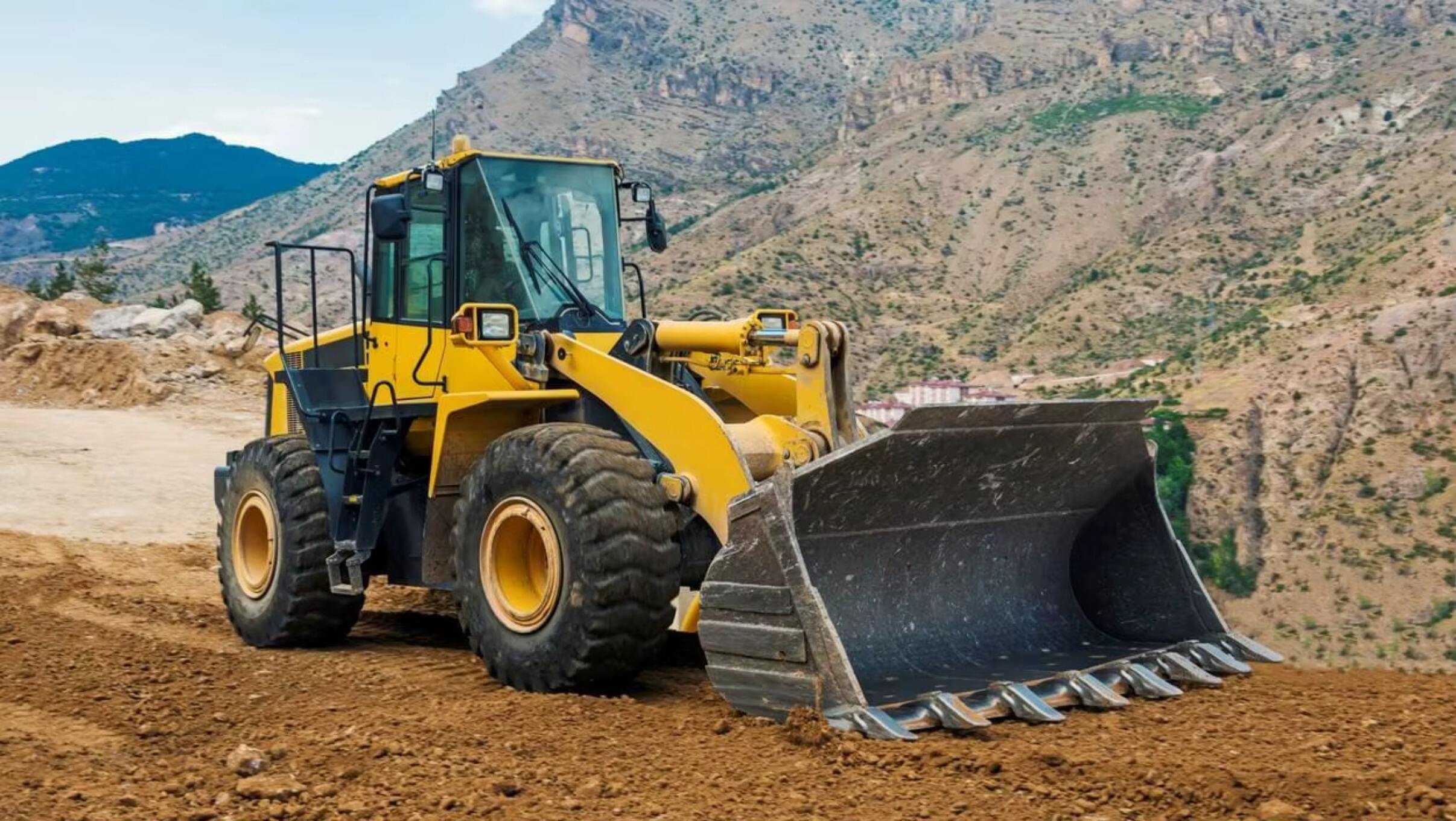
Future-Proofing Operations with Emerging Technologies
Implementing Telematics in Motor Grader Fleets
Telematics is revolutionizing motor grader fleet management by providing a sophisticated system of communication and data collection. It allows operators to track precise equipment usage, monitor engine performance, and improve overall operational efficiency. With real-time data, fleet managers can make informed decisions that enhance maintenance schedules and reduce downtime.
For instance, several companies have integrated telematics successfully, increasing their motor grader's productivity by up to 30%. This technology not only ensures optimal use of resources but also underpins strategic planning for future fleet operations.
Electric Excavator Transition Roadmaps
The global shift towards electric excavators marks a pivotal step in reducing construction's environmental impact. Transitioning from fossil-fueled models to electric variants brings numerous advantages, such as lower emissions and reduced noise pollution. To facilitate this change, a clear roadmap that includes logistical, financial, and operational stages is essential.
Key considerations include evaluating current infrastructure capabilities and planning for gradual integration. Industry leaders like Volvo Construction Equipment have pioneered electric excavator adoption, demonstrating significant environmental benefits and operational efficiency in urban projects, as highlighted in their Electric Worksite project.
AI-Driven Predictive Maintenance Integration
AI's role in predictive maintenance is transforming machinery management by offering proactive strategies that vastly outperform traditional methods. Through the collection of data such as vibration analysis and engine temperature readings, AI systems can predict potential failures, thereby reducing unplanned downtime.
A study from the RISE Research Institutes of Sweden demonstrated that AI-driven maintenance can cut repair costs by up to 40%, proving its efficacy. This technology propels operational efficiency forward, ensuring machinery life cycles are prolonged and maintenance schedules are optimized, aligning perfectly with modern equipment management needs.
Conclusion
This piece takes a closer look at different facets of heavy machinery know-how and why it matters so much for construction work and industrial operations. Specialized parts stockpiles and good support networks make all the difference when it comes to getting projects done faster while keeping equipment running smoothly without unnecessary delays. Looking ahead, new tech developments are changing how things get done on site. Think about GPS tracking systems built into machines, battery powered excavators becoming more common, and smart software that helps operators work smarter not harder. These innovations promise better results for contractors who want to run their businesses efficiently while also being kinder to the environment over time.
Shanbo stands out in the construction equipment world, providing all sorts of machinery that professionals rely on for their daily work. We stock everything from heavy duty bulldozers and powerful excavators down to precise motor graders, covering pretty much every need across different construction sites. What really sets us apart though is how we integrate modern tech into our equipment management systems. Our maintenance protocols have been upgraded with digital tracking tools that help keep machines running smoothly between jobs. Clients tell us this approach cuts downtime significantly while keeping operating costs under control over time.
Recommended Products
 Hot News
Hot News
-
“Water Savior” 200 m Reverse Circulation Water Well Drills Arrive in Uzbekistan
2025-03-28
-
Wheel Loader vs Bulldozer: Which Heavy Machine Fits Your Project?
2026-01-22
-
Bulldozer Track Parts Explained: Types, Functions, and Maintenance Tips
2026-01-21
-
Top Global Bulldozer Manufacturers: Leading Brands You Should Know
2026-01-20
-
Construction Excavator Overview: Types, Functions, and Key Advantages
2026-01-19
-
Ranking the Best Bulldozer Models for Heavy Construction and Mining
2026-01-17
